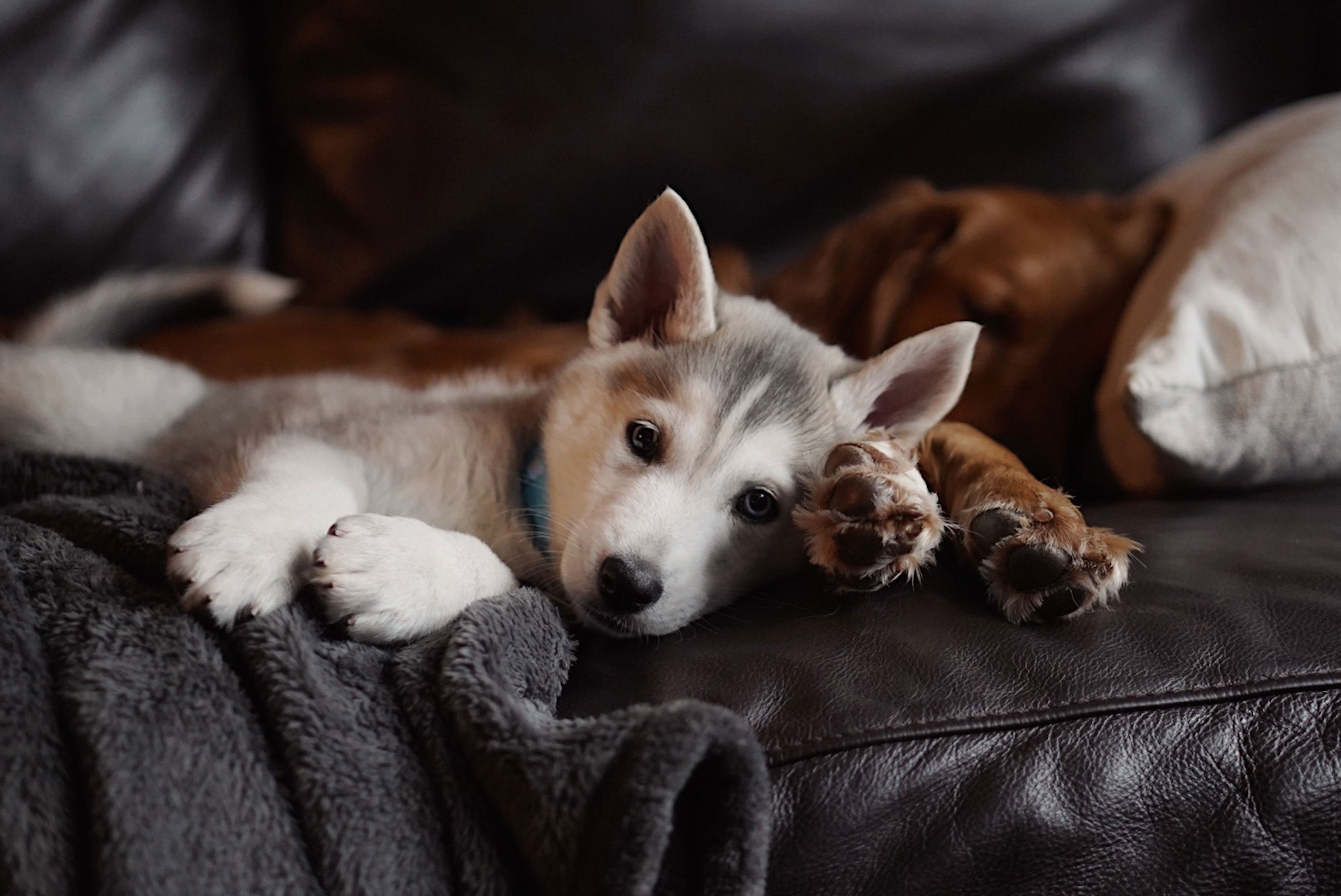
What Natural Disasters Mean for Our Pets
People who live in areas that face regular natural disasters know that they can change your life before they ever arrive. Whether you live in a place that faces wildfires, hurricanes, tornadoes or earthquakes, life gets put on pause when your local weather station puts out a natural disaster warning.
You probably have plans put in place in case a natural disaster began to head your way. Do those plans include thinking about your pet?
Pets are equally affected by natural disasters, and in some cases, they're even more at risk. If owners don't think ahead about how to care for their pets, things could get out of hand quickly.
Here's what you need to know about how natural disasters affect our pets. These tips will help you and your pets be more prepared for whatever may come in the future, so you never have to be afraid of another weather warning.
They'll Need an Evacuation Plan
Evacuation plans look different for everyone. Whatever your plan is, it's dictated by where you live and what disasters you might have to face. Make sure that your pet is included in this plan.
How will you get them to a safer place, and where will they stay? If you don't have the option to drive yourself out of town, coordinate with family or friends. Have someone pick you both up. Research pet-friendly evacuation sites as well, in case you can't find a place to stay that welcomes pets.
They Should Wear IDs
Losing your pet during a natural disaster would be a nightmare scenario, but the reality is that anyone can end up in that situation. If your pet were to get lost, how would you know to find them again?
Make sure that your pet is wearing some kind of ID, especially after a weather warning is issued. Even if you have to keep a collar on your dog who normally never wears one, it will make your pet safer to have some kind of ID tag.
There are a few things you should always include on your pet's tag:
- Their name
- Your name
- Your phone number
- Your address
You can also talk with your vet about getting your pet microchipped. Most vets have the ability to scan microchips on lost pets, which will provide much more information than a small tag on a collar. This process won't hurt your pet and it will be a safety measure that will last them their entire life.
They'll Require Supplies
Being prepared for a natural disaster means that you might have a survival kit stored somewhere in your home. It has everything you'd need if you were stranded in your house for a few days or even weeks. Is there anything in there for your pet?
They'll need food and water just like anyone else who needs to wait for rescue. Store their food ahead of time, especially if they eat wet food that comes in cans.
Another useful supply you may end up needing is newspaper. Your pet may not be able to go outside to use the bathroom, which leaves them to do their business in your home. Old newspaper would be a reliable material that your pet could use during the time when they can't go outside.
You should also consider storing water for your pets. The CDC recommends a gallon of water per day for every person and pet. Loading up on water ahead of time is always a smart move. It'll stay fresh for a long time, and if you wait until the last minute, your local stores may be sold out as people prepare for a disaster.
Personalities Might Change
When people are put in a situation where they lose control over their own safety and fear for their lives, it can change them. Someone who may typically be sweet and calm could turn into a panicked, angry mess. Fear changes people, and it changes pets too.
Your pet will be able to sense the heightened nerves of the people around them. They may get easily get aggressive, so learn to recognize the signs beforehand. Your pet may seem upset or angry, but it will really just be coming from a place of fear.
They may also exhibit new behaviors, like running away from people, hiding, or never leaving your side. Adapt to however they're acting and just know that it won't be permanent.
They'll Want Extra Love
Unless your pet ends up reacting to a natural disaster by displaying signs of aggression or wanting isolation, they're going to need some extra love. You may be scared with them, but at least you can speak the same language as the weather channel or radio station so you know what's going on around you.
Pack some toys into your emergency kit that will help comfort your pet. Anything they could chew on will be useful too, since they'll be able to relieve their anxiety that way. Try not to forget that they'll need a little extra love. The few minutes you spend cuddling with them that you would have otherwise spent worrying will help you both.
They'll Need a Checkup
When natural disasters occur, there's always an immediate spike in disease and illnesses. Wreckage and flooding will expose everyone to bacteria that they wouldn't have otherwise come across, which means one of your concerns will also be keeping everyone healthy.
Pets can become ill during natural disasters as well. If they interact with wild animals or flood waters, they can become very sick. Without being able to drive down to the emergency vet, their lives could be at risk.
Make sure to keep your pets leashed or crated whenever they aren't inside your home. It's best to avoid going outdoors anyway until the disaster has passed. That's when old newspaper would come in handy, keeping your pet safe and your home clean.
When you're preparing for a natural disaster, you have many different factors to consider. You need to think about how you'll evacuate and what you or your family will need if you're unable to get out of town.
Don't forget to think of your pets and what they'll need during an emergency too. They'll have physical and emotional needs like any other member of your family, so plan ahead as much as possible to make sure they're comfortable and safe during any potential future disaster.
Emily is a freelance wildlife conservation and pet blogger. To check out more of her work, see her blog, Conservation Folks, or follow her Twitter account @emilysfolk.










